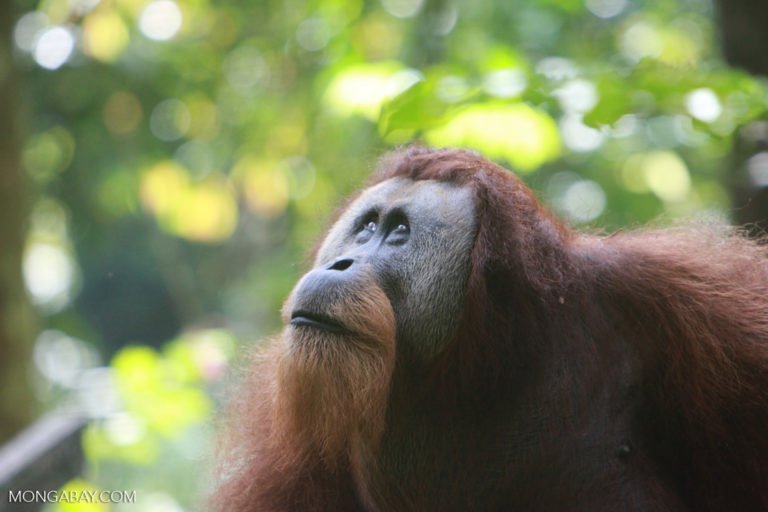- On today’s episode of the Mongabay Newscast, we discuss mangrove restoration and other nature based solutions to climate change.
- We speak with Alfredo Quarto, co-founder and program and policy director of the Mangrove Action Project, who tells us about the ongoing destruction of mangrove forests around the world, why it’s so important to restore these coastal ecosystems, and what makes for successful mangrove restoration projects.
- We also speak with Norah Berk, a policy advisor on climate change and forests at the Rainforest Foundation UK, who tells us that nature based solutions have, in many cases, been co-opted by corporations that are using them as part of carbon offset schemes, and discusses why she thinks land titling for Indigenous and local communities is the solution to climate change that we should be focusing on.
On this episode we look at mangrove restoration and the effectiveness of nature based solutions to climate change.
Listen here:
The UN’s Intergovernmental Panel on Climate Change (IPCC) released a new report last month, and its findings have been described as “a dire warning about the consequences of inaction,” as global warming is already having dangerous and widespread impacts on planet Earth and affecting the lives of billions of people around the world.
But the IPCC report also says that nature has huge potential to be part of the solution, not only for reducing the impacts of climate change but also for improving people’s lives. Nature based solutions (NBS) like restoring forests and other critical ecosystems are key, according to the report, because healthy ecosystems are more resilient to climate change while sequestering more carbon and providing other services such as food and clean water. IPCC Working Group II Co-Chair Hans-Otto Pörtner said in a statement accompanying the report that “By restoring degraded ecosystems and effectively and equitably conserving 30 to 50 per cent of Earth’s land, freshwater and ocean habitats, society can benefit from nature’s capacity to absorb and store carbon, and we can accelerate progress towards sustainable development, but adequate finance and political support are essential.”
The IPCC report also makes it clear that nature based solutions are no silver bullet to climate change. And if not done right, they can actually have adverse impacts on our planet and human livelihoods. For instance, the report notes that restoring forests in areas where they previously existed can have numerous benefits, but planting trees where they haven’t naturally grown in the past can lead to severe unintended consequences, such as increased carbon emissions, negative impacts on wildlife, and decreased food availability for local communities.
To help us dig into all this, we speak today with Alfredo Quarto, co-founder and program and policy director of the Mangrove Action Project. He tells us about the ongoing destruction of mangrove forests around the world, why it’s so important to restore these coastal ecosystems, and what makes for successful mangrove restoration projects.
We also speak today with Norah Berk, a policy advisor on climate change and forests at the Rainforest Foundation UK. She tells us that one big problem with nature based solutions is that in many cases they have been co-opted by corporations who are using them as part of carbon offset schemes, and discusses why land titling for Indigenous and local communities is the solution to climate change that we should be focusing on.
Further reading:
• “At a plantation in Central Africa, Big Oil tries to go net-zero” (20 January 2022)
Subscribe to the Mongabay Newscast via Apple Podcasts wherever you get your podcasts from. You can also listen to all episodes here on the Mongabay website. Or you can download our app for Apple and Android devices to gain fingertip access to new shows and all our previous episodes.
Banner image: Early morning in the Merritt Island National Wildlife Refuge in Florida. Photo by Melodi Roberts.
Follow Mike Gaworecki on Twitter: @mikeg2001
FEEDBACK: Use this form to send a message to the author of this post. If you want to post a public comment, you can do that at the bottom of the page.












